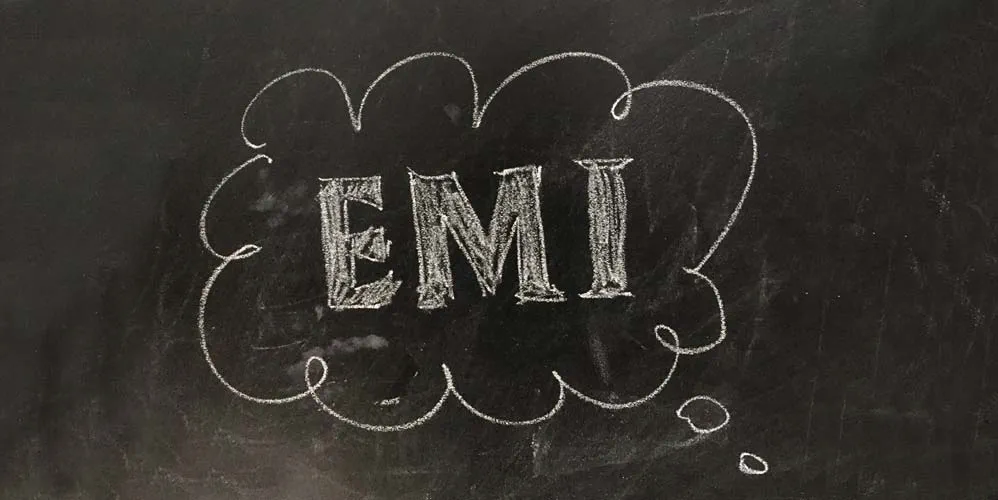
Understanding FCNR-B Account: A Secure and Advantageous Option for NRIs and PIOs
26 Feb 2024

Table of Content
In today’s highly interconnected world, individuals often find themselves navigating international waters, either for work, education, or business. Non-resident Indians (NRIs) and People of Indian Origin (PIOs) are no strangers to this global movement, and as they traverse international landscapes, they often look out for solutions to manage their foreign earnings efficiently. One such financial instrument that caters to their needs is the Foreign Currency Non-Residential –Bank (FCNR-B) account, which will be thoroughly explored in this blog.
Understanding FCNR Account :
The FCNR-B account is a specialized banking facility designed to cater to the financial requirements of NRIs and PIOs. What makes it different is its denomination in foreign currencies, providing account holders with the ability to save their overseas income in foreign currencies such as:
- US Dollar (USD)
- Euro (EUR)
- British Pound (GBP)
- Australian Dollars (AUD)
- Canadian Dollar (CAD)
FCNR-B accounts are excellent investment tools for NRIs and PIOs, which helps retain money in foreign currencies while providing good returns on savings. Since the overseas earnings will be parked in foreign currencies, it won’t be affected by the exchange rate fluctuations, thus ensuring risk-free returns.
Also Read: Complete Guide on NRI Banking
Who Can Open an FCNR (B) Account?
FCNR (B) accounts are specifically designed for NRIs and PIOs. NRIs are citizen of India residing abroad, and Person of Indian Origin (PIO) means a citizen of any country other than Bangladesh or Pakistan who had (a) at any time held Indian passport or (b) he or either of his parents or any of his grandparents was a citizen of India by virtue of the Constitution of India or the Citizenship Act, 1955 or (c) the person is a spouse of an Indian citizen or a person referred to in (a) or (b).. These accounts provide them with a secure and flexible way to manage their foreign earnings while also maintaining a connection with their home country.
Features of FCNR (B) Account :
Foreign Currency Denomination :
The primary feature that sets FCNR (B) accounts apart is their denomination in foreign currencies. This means that the account balance is maintained in the selected foreign currency, shielding account holders from the impact of currency fluctuations.
Term Deposits :
Foreign Currency Non-Resident B (FCNR B) Term Deposit accounts are commonly structured as fixed-term deposits with varying maturities, typically ranging from one to five years. This fixed-term nature allows account holders to earn interest on their deposits, with rates often more attractive than those offered on domestic fixed deposits. FCNR B accounts provide a convenient avenue for non-resident individuals to invest in foreign currency and earn competitive returns over a specified period.
Interest Rates :
The interest rates on FCNR (B) accounts are influenced by global market conditions and are generally higher than what is offered on domestic deposits. This makes FCNR (B) accounts an appealing option for NRIs looking to maximize returns on their foreign income.
Repatriation :
One of the significant advantages of FCNR (B) accounts is the ease of repatriation. Account holders can freely repatriate both the principal amount and the interest earned back to their home country without any restrictions.
Click Here to Open NRI Account
Benefits of FCNR (B) Account :
Risk Mitigation :
By holding foreign currency accounts, NRIs can shield themselves from the volatility of exchange rates. This minimizes the risk of losing value in their earnings due to currency depreciation.
Higher Returns :
The competitive interest rates on FCNR (B) accounts make them an attractive option for NRIs seeking better returns on their foreign investments compared to what they might achieve in their home country.
Diversification :
FCNR (B) accounts offer a means of diversification for individuals with income streams in different currencies. This can be particularly beneficial for those working or doing business in multiple countries.
Tax Exemption :
The interest earned on deposits to the FCNR (B) accounts are exempted from taxes in India.
Denominations:
The deposit accounts are denominated in various currencies, ensuring the ability to save the account holder’s overseas income in foreign currencies, at present Bank of Baroda is offering FCNR (B) Deposits in five currencies namely USD, EUR, GBP, AUD and CAD.
Also Read: What are the Benefits of an NRI Account?
Conclusion:
The Foreign Currency Non-Residential-Bank (FCNR-B) Account stands out as a secure and advantageous option for individuals looking to park their foreign earnings. Its unique features, including multi-currency options, fixed tenures, attractive interest rates, and easy repatriation, make it an appealing choice for NRIs and PIOs.
Popular Articles
Tag Clouds
Related Articles










-
Disclaimer
The contents of this article/infographic/picture/video are meant solely for information purposes and do not necessarily reflect the views of Bank of Baroda. The contents are generic in nature and for informational purposes only. It is not a substitute for specific advice in your own circumstances. Bank of Baroda and/ or its Affiliates and its subsidiaries make no representation as to the accuracy; completeness or reliability of any information contained herein or otherwise provided and hereby disclaim any liability with regard to the same. The information is subject to updation, completion, revision, verification and amendment and the same may change materially. The information is not intended for distribution or use by any person in any jurisdiction where such distribution or use would be contrary to law or regulation or would subject Bank of Baroda or its affiliates to any licensing or registration requirements. Bank of Baroda shall not be responsible for any direct/indirect loss or liability incurred by the reader for taking any financial decisions based on the contents and information mentioned. Please consult your financial advisor before making any financial decision.
Understanding EMI: Full Form Meaning, Calculation, and Factors
Know what EMI is, the full form of EMI, its meaning, definition, calculation methods, and factors affecting it. Learn everything about Equated Monthly Installment with this comprehensive guide from Bank of Baroda.
Understanding Cheques: Types, Features, Filling, Cancellation & Requests
A widely used mode of cashless payment is the cheque. Even in the age of digital banking , it continues to be significant in the banking industry. It is used in both small and large transactions. It can be used in various transaction types, from paying an employee to clearing utility bills. This mode of payment is preferred by many as it involves the convenient and secure transfer of funds. One can read further to know more about cheques, starting from a cheque definition to the different types of cheques.


Leave a Comment
Thanks for submitting your details.